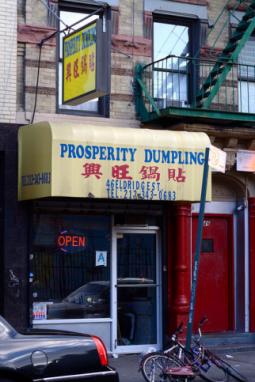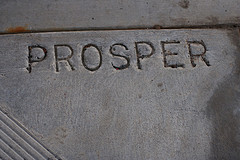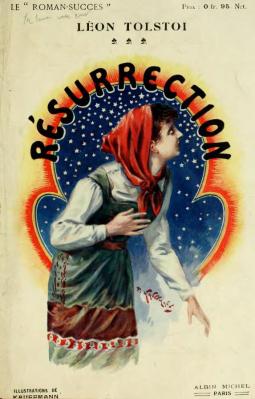An evening with Bob Jene to compare the Georgist fiscal reform to the TARP bailout, “Fair Tax,” Flat Tax, Bush tax cuts and government money creation. A gist of each proposed or attempted solution to the “great recession” will be given including QE I, QE II and QE III. Attendees will rank the proposed remedies on a scale of 1 to 10 based on 8 criteria.

An evening with Bob Jene to compare the Georgist fiscal reform to the TARP bailout, “Fair Tax,” Flat Tax, Bush tax cuts and government money creation. A gist of each proposed or attempted solution to the “great recession” will be given including QE I, QE II and QE III. Attendees will rank the proposed remedies on a scale of 1 to 10 based on 8 criteria.

An evening with Bob Jene to compare the Georgist fiscal reform to the TARP bailout, “Fair Tax,” Flat Tax, Bush tax cuts and government money creation. A gist of each proposed or attempted solution to the “great recession” will be given including QE I, QE II and QE III. Attendees will rank the proposed remedies on a scale of 1 to 10 based on 8 criteria.
 Resurrection (1899)
Resurrection (1899)
By Leo Tolstoy
This late 19th-century novel about nobleman Dmitri Ivanovich Nekhlyudov’s efforts at redemption after a life of sin is Tolstoy’s last major novel before his death in 1910. The readers will have a complex relationship with the tormented protagonist and his desperate attempts at redemption and forgiveness, since Nekhlyudov’s misguided decisions and youthful errors are often not so dissimilar from our own. Resurrection is a scathing exposition of the myriad prejudices of the man-made justice system and the hypocrisy of the establishment, while it also explores the economic philosophy of Georgism – of which Tolstoy had become a strong advocate toward the end of his life. [from the Culture Trip]
Political Economy Book Club discussions are open to everyone interested, without charge, and the text (in English translation) is available free from various sources including archive.org, who also offer a free audiobook. There is also a more recent translation by Anthony Briggs, which can be purchased or licensed in various formats and is available in some public libraries. Any questions about the PEBC may be directed to Convenor Bob Matter,
Between 1948 and 1973, Americans’ real wages rose almost as fast as their productivity. After 1973, productivity grew 147% but wages rose only 19%. This raises two questions:
(1) If workers getting less, who is getting more?
(2) Is there a way to restore the balance?
To solve the problem of poverty, and the many other problems that follow from it, ordinary workers need higher wages. George Menninger describes how to raise wages without interfering in the free market and without taking anyone’s earnings.
George Menninger is an instructor at the Henry George School of Chicago, and attendees at this free program will have the opportunity to sign up for his Progress & Poverty course.
You can sign up for this free event thru Eventbrite, or RSVP directly by email.
Between 1948 and 1973, Americans’ real wages rose almost as fast as their productivity. After 1973, productivity grew 147% but wages rose only 19%. This raises two questions:
(1) If workers getting less, who is getting more?
(2) Is there a way to restore the balance?
To solve the problem of poverty, and the many other problems that follow from it, ordinary workers need higher wages. George Menninger describes how to raise wages without interfering in the free market and without taking anyone’s earnings.
George Menninger is an instructor at the Henry George School of Chicago, and attendees at this free program will have the opportunity to sign up for his Progress & Poverty course.
No reservation is required, but you can let us know by email that you’re coming.
Between 1948 and 1973, Americans’ real wages rose almost as fast as their productivity. After 1973, productivity grew 147% but wages rose only 19%. This raises two questions:
(1) If workers getting less, who is getting more?
(2) Is there a way to restore the balance?
To solve the problem of poverty, and the many other problems that follow from it, ordinary workers need higher wages. George Menninger describes how to raise wages without interfering in the free market and without taking anyone’s earnings.
George Menninger is an instructor at the Henry George School of Chicago, and attendees at this free program will have the opportunity to sign up for his Progress & Poverty course.
No reservation is required, but you can let us know by email that you’re coming.

Urban sprawl is threatening to destroy much valuable farmland. We will look at data from one of the leading national organizations trying to mitigate this damage, The American Farmland Trust (AFT). Among other things they buy development rights from farmers to insure the land’s continued use in agriculture and attempt to facilitate community supported agriculture which makes family farms more viable. The Georgist fiscal reform reduces sprawl alleviating pressure on farmland.
(image credit: Kristian Bjornard ; Attribution-ShareAlike 2.0 Generic (CC BY-SA 2.0); https://flic.kr/p/8RYWFy)
